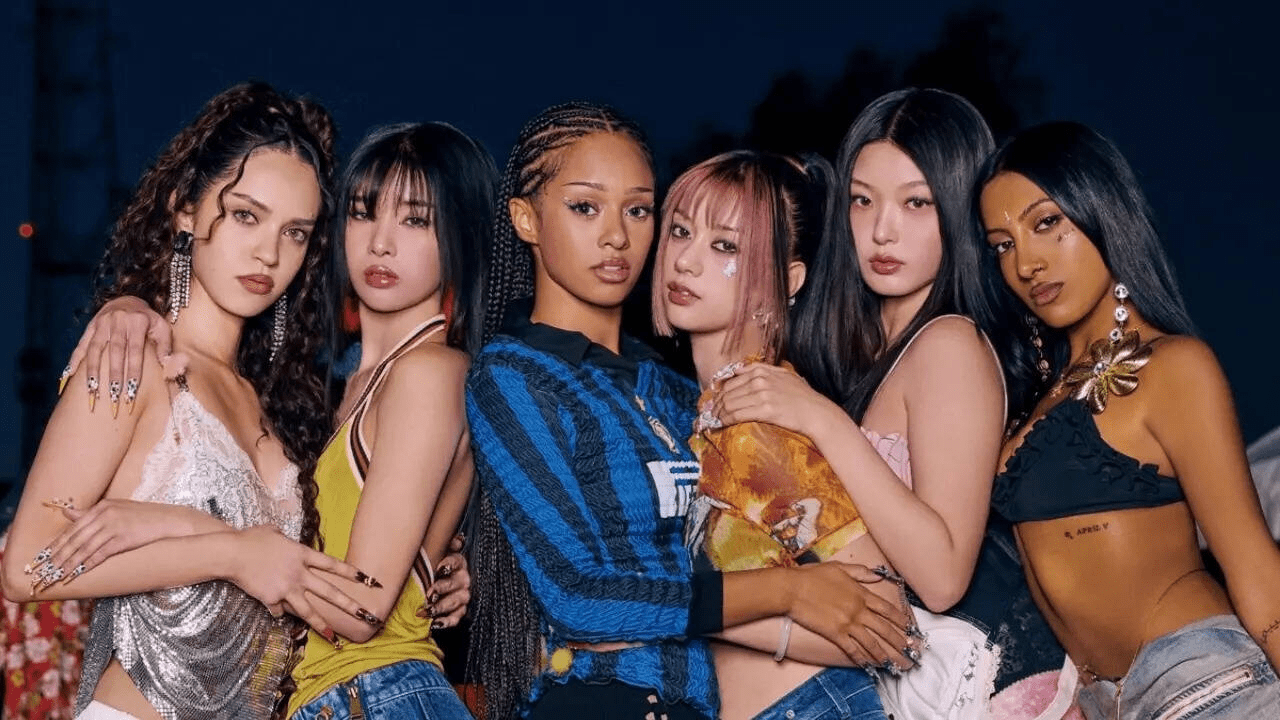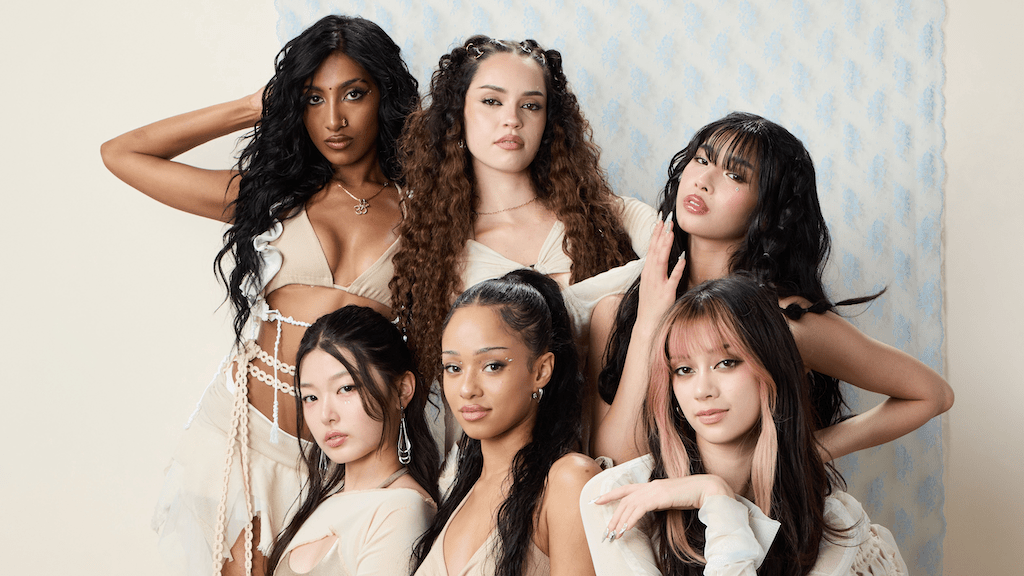Global girl group under digital siege
International girl group Katseye say they have received thousands of death threats and other forms of online harassment since their breakout debut, exposing the darker side of pop stardom in the social-media era. In a new interview, members describe being rated, ranked and attacked across platforms as their profile has grown through a Netflix reality series, TikTok hits and major festival slots. One singer, Lara Raj, says that even when she tells herself the threats are unlikely to materialise, seeing them repeated hundreds or thousands of times becomes “heavy” and psychologically jarring. Another member calls the deluge “very terrorizing on the mind”, underscoring how constant digital abuse can blur the line between virtual vitriol and real-world fear.
Raj, who is of Tamil Indian background and a U.S. citizen, revealed that one of the most disturbing incidents involved someone reporting her to U.S. immigration authorities for allegedly living and working in the country without legal status. The claim is false, but the fact that anonymous trolls weaponised immigration enforcement shows how online hate can escalate beyond insults into targeted campaigns. The group had already disclosed in an earlier profile that they work with a therapist to navigate the emotional strain of sudden global visibility. Formed through Geffen Records and HYBE’s survival show The Debut: Dream Academy, Katseye’s members hail from the United States, South Korea, the Philippines and Switzerland—diversity they see as a core strength, but which also places them under intense scrutiny from different fan communities.

Pop success, mental health and platforms’ responsibility
Katseye’s rise has otherwise followed a textbook trajectory for a modern pop act. The Debut: Dream Academy documented the competition to form the group, while a companion Netflix series, Pop Star Academy: Katseye, introduced the final lineup to a global audience. Their single “Touch” went viral on TikTok, they landed a coveted slot at Lollapalooza and picked up an MTV Video Music Award, while a Gap ad set to Kelis’ “Milkshake” pushed them further into mainstream consciousness. They are now on their first tour and in the running for a Best New Artist Grammy, cementing their status as one of the most closely watched newcomers in global pop. Yet the same platforms that fuelled their ascent also amplify hostility, creating feedback loops of exposure and abuse that are hard to escape.
The group’s members stress that they understand visibility comes with criticism, but argue that sustained hate campaigns and explicit death threats go far beyond normal celebrity backlash. Mental-health advocates say experiences like Katseye’s are increasingly common among young artists, who face relentless judgment not just on their music but on appearance, identity and perceived authenticity. Industry watchers note that labels and management teams now often hire therapists, digital-safety consultants and moderators as part of standard support for rising acts. At the same time, campaigners are pressing social-media companies to move faster on removing violent content and to provide more tools for artists to shield themselves from abuse.
Katseye’s story resonates with many fans who see themselves in the group’s multicultural makeup and frank discussions of vulnerability. It also highlights a broader question facing the music and entertainment industry: how to celebrate global, always-online fandoms without letting the loudest and most hateful voices dominate the conversation. For now, the group is pushing ahead with shows and new music, but their warnings about the mental toll of online hostility add weight to calls for a safer digital stage.

 TPW DESK
TPW DESK 








